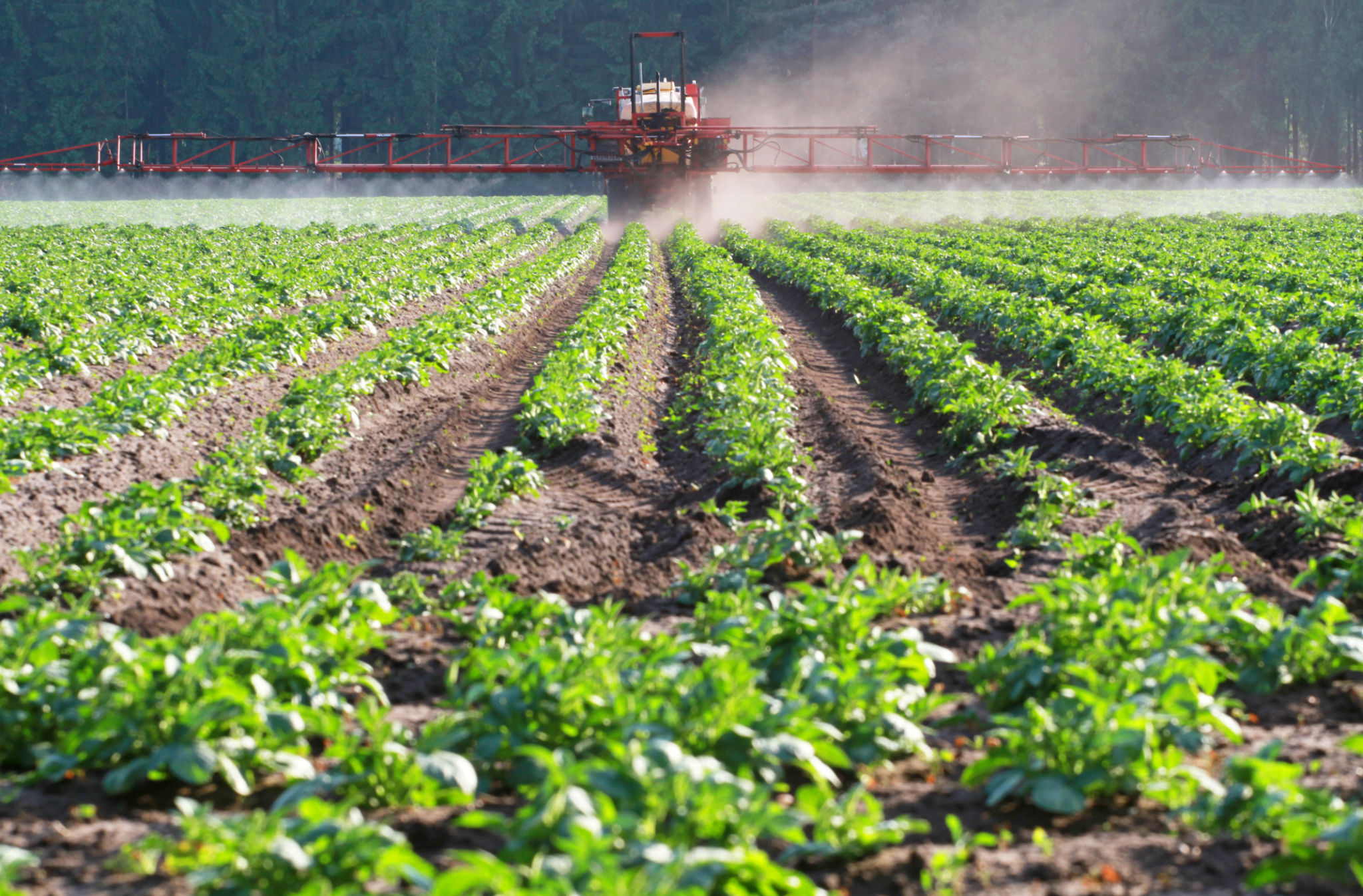The Importance of Herbicide Selection: Insights for South African Farmers
Understanding the Role of Herbicides in Agriculture
Herbicides play a crucial role in modern agriculture, especially for South African farmers who face diverse climatic and soil conditions. These chemical substances are designed to manage weed populations that compete with crops for nutrients, water, and sunlight. Effective herbicide use can significantly enhance crop yield and quality, making it a vital component of a successful farming strategy.

However, the misuse or incorrect selection of herbicides can lead to detrimental effects on farm productivity and the environment. This makes the selection process critical for achieving desired agricultural outcomes. Farmers must consider various factors, including weed species, crop type, and environmental conditions, to choose the right herbicide.
Factors Influencing Herbicide Selection
Identifying Weed Species
The first step in herbicide selection is accurately identifying the weed species present in the fields. Different weeds have varying characteristics and resistance levels to herbicides. Identifying these species helps in choosing a product that targets specific weeds without affecting the crops negatively. Farmers can work with agronomists or use digital tools for precise identification.
Crops and Growth Stages
Matching herbicides to the specific crops and their growth stages is essential. Some herbicides are designed for use in early growth stages, while others are better suited for mature crops. Selecting the right product ensures that the herbicide is effective without causing damage to the crops themselves. Understanding the crop's lifecycle helps farmers apply herbicides at the most effective times.

Environmental Considerations
Environmental factors such as soil type, climate, and water availability also influence herbicide selection. In South Africa, where conditions can vary significantly from region to region, farmers need to select herbicides that are compatible with local environmental conditions. This minimizes potential negative impacts on the soil ecosystem and surrounding biodiversity.
Moreover, considering environmental regulations and guidelines is crucial. South African farmers must adhere to local agricultural policies to ensure that their practices are sustainable and legally compliant. Understanding these regulations helps in selecting herbicides that are approved for use in specific regions.
Resistance Management
Herbicide resistance is an increasing concern for farmers worldwide. Over-reliance on a single type of herbicide can lead to resistance development in weed populations, rendering the product ineffective over time. To combat this, farmers should implement integrated weed management strategies that include rotating herbicides with different modes of action.

Using a diversified approach not only helps in managing resistance but also supports long-term sustainability of agricultural practices. Incorporating non-chemical methods such as crop rotation and mechanical weeding can further enhance effectiveness and reduce reliance on chemical solutions.
The Economic Impact of Herbicide Selection
The financial aspect of herbicide selection should not be overlooked. While it might be tempting to opt for cheaper alternatives, investing in high-quality, effective products can lead to better crop yields and higher profitability in the long run. Farmers must evaluate the cost-benefit ratio of different herbicide options to make informed decisions.
Ultimately, informed herbicide selection is an investment in the future of farming operations. By choosing the right products and applying them effectively, South African farmers can maximize their agricultural productivity while safeguarding their land and resources for future generations.